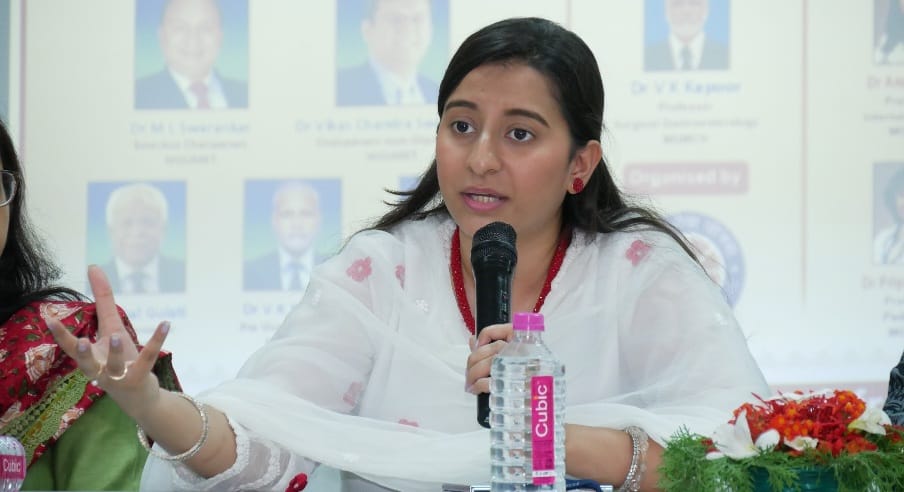Whether you’re dealing with a tough day or simply want to have a better one, these strategies may help boost your mood and ease anxiety.
Family therapy is a powerful therapeutic approach that focuses on improving the dynamics and relationships within a family unit. It recognizes that individual issues often stem from family interactions and seeks to promote understanding, communication, and healing among family members. In this blog, we’ll explore what family therapy entails, its benefits, common techniques used, and when to consider seeking help.
What is Family Therapy?
Family therapy is a form of psychotherapy that involves treating the family as a whole rather than focusing solely on an individual member. It aims to address various issues, including communication problems, behavioral issues in children, substance abuse, mental health disorders, and family conflicts.
Key Principles:
- Systemic Perspective: Family therapy views the family as a system where each member’s behavior affects the others. Changes in one person’s behavior can lead to changes in the entire family dynamic.
- Collaboration: Therapists work collaboratively with families to understand their unique challenges and develop strategies for improvement.
- Strengths-Based Approach: Family therapy often emphasizes the strengths and resources within the family, empowering members to support one another.
Benefits of Family Therapy
- Improved Communication: Family therapy fosters open dialogue, helping family members express their feelings and concerns more effectively.
- Conflict Resolution: It provides tools and strategies to resolve conflicts, leading to healthier relationships and reducing tension within the family.
- Enhanced Understanding: Family members gain insights into each other’s perspectives, which can strengthen empathy and compassion.
- Support for Individuals: Family therapy can support individuals facing personal challenges by addressing the broader family dynamics at play.
- Preventative Approach: Engaging in family therapy can help prevent future conflicts and strengthen familial bonds, even when issues are not currently present.
Common Techniques Used in Family Therapy
- Genograms: Therapists often use genograms, which are visual representations of family trees, to identify patterns and relationships within the family. This helps in understanding historical issues that may influence current dynamics.
- Role-Playing: Family members may engage in role-playing exercises to practice new communication strategies or to see situations from each other’s perspectives.
- Narrative Therapy: This technique involves helping families reframe their stories, enabling them to view challenges as separate from themselves and opening up possibilities for change.
- Solution-Focused Therapy: This approach emphasizes finding solutions rather than dwelling on problems. Families are guided to identify their strengths and resources to achieve their goals.
When to Consider Family Therapy
Family therapy can be beneficial in various situations, including:
- Communication Breakdowns: If family members struggle to communicate openly or effectively.
- Major Life Changes: During transitions such as divorce, relocation, or the arrival of a new child.
- Behavioral Issues: When a child or adolescent displays concerning behaviors, impacting the entire family.
- Mental Health Challenges: When one or more family members face mental health issues that affect the family unit.
- Loss or Grief: In the aftermath of losing a loved one, where family members may struggle to support one another.
Finding a Family Therapist
When seeking family therapy, it’s essential to find a qualified therapist with experience in family dynamics. Consider the following steps:
- Research Credentials: Look for licensed therapists specializing in family therapy, psychology, or social work.
- Ask for Recommendations: Seek referrals from healthcare providers or trusted friends who have had positive experiences.
- Schedule a Consultation: Many therapists offer initial consultations to discuss your family’s needs and approach. This can help you gauge whether it’s a good fit.
Family therapy offers a unique opportunity for families to address challenges together, enhancing their connections and overall well-being. By fostering open communication, understanding, and collaboration, family therapy can lead to profound healing and growth. If your family is facing difficulties, consider exploring family therapy as a supportive and constructive path toward stronger relationships and a healthier family dynamic. In a world where families face numerous challenges, taking the step to seek help can make all the difference.





